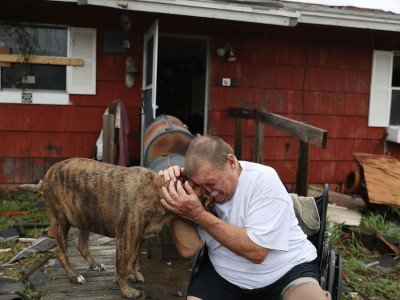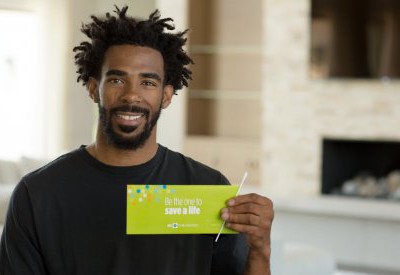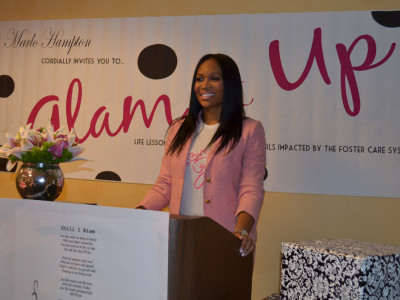It’s not going away, sex sells and people continue to do it. It’s time to stop running away from the issue. Silence on HIV/AIDS pandemic has destroyed our community and stigmatizing and silence on the issue only inflames it.
Beginning Sunday, the city is hosting the International AIDS Conference, a week-long event highlighting worldwide progress against the disease, residents are grappling with the fact that the country’s capital has a higher rate of HIV infection than any other city in the US.
And some groups here have been hit harder than others.
IT’S NOT GOING AWAY BLACK AMERICA
According to the DC Department of Health, 4.7 per cent of the city’s African-American residents are infected with the disease, compared to 1.5 per cent of whites. In the poorest neighbourhoods, the infection rate for black women has almost doubled in the last two years – from 6.3 per cent to 12.1 per cent.
For people living with HIV, monitoring the body for any sign of illness is key to survival, but activists say that many in Washington, DC have no idea that they are infected. And there is little public awareness about the sheer scale of the epidemic.
African-Americans account for nearly half of the estimated 50,000 people who contract HIV every year in the United States.
And experts blame a toxic mix of poverty, stigmatisation of the disease and lacklustre healthcare.
“Many of the same social and environmental factors that put African-Americans at increased risk for heart disease and diabetes are the same ones fuelling the HIV epidemic in black communities,” said Donna McCree from the Centre for Disease Control.
“Our research indicates that people who can’t afford the basics in life may end up in circumstances that actually increase their HIV risk,” she said. “And if you don’t have the means to see a doctor you may not get an HIV test, or get treatment.”







